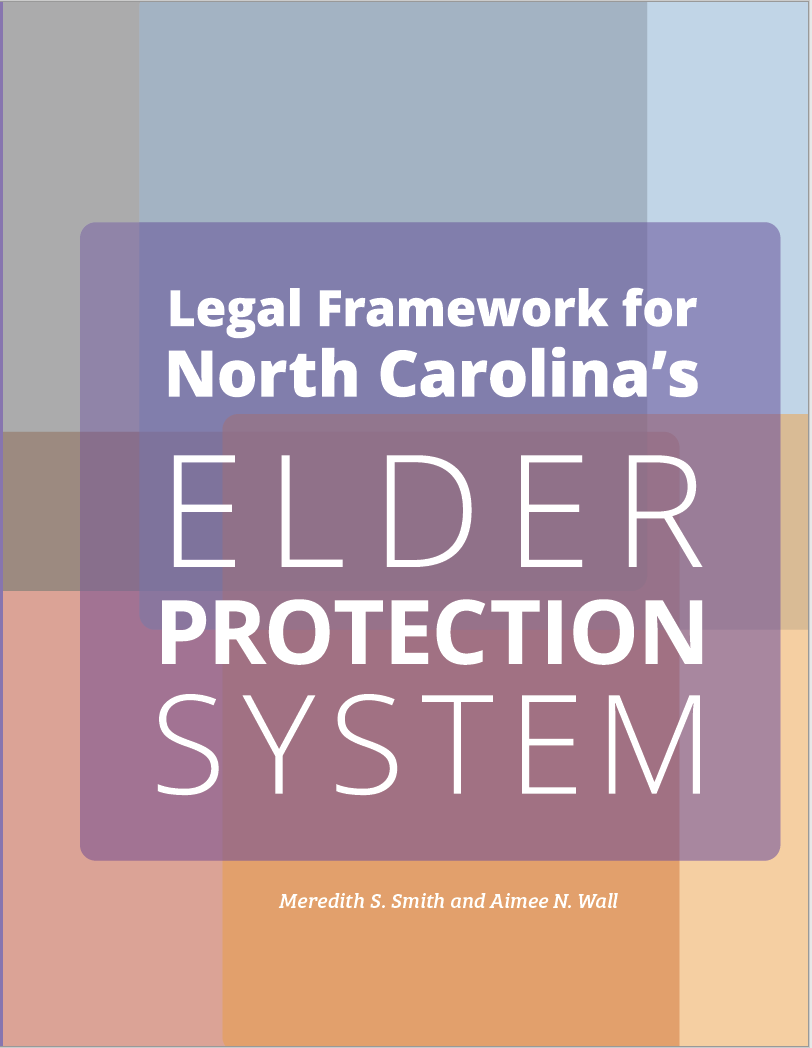
Adult protection MDTs have gained traction because adult abuse, neglect, and exploitation is a complex problem that is difficult to detect, prevent, and remedy.
Adults may be ashamed of being a victim, lack mental capacity, or have an ongoing dependency on an abuser for care or financial support. Adult abuse, neglect, and exploitation may occur in a variety of settings, from private residences to adult care homes. The perpetrators range from family members to caregivers to strangers. There is no one field, system, or set of laws that controls the problem; a single profession or service system is rarely, alone, enough to address it. It occurs across disciplines and implicates areas such as physical health, mental health, financial matters, residential care, law, domestic violence, and social work.
For example, Adult Protective Services (APS) may intervene to provide protective services to a disabled adult and resolve the crisis for that particular adult.
APS does not have authority to prosecute the perpetrator of the abuse and, therefore, the perpetrator is able to simply move on to another victim. Or, an adult who is the victim of abuse and lacks capacity is unable to consent to protective services offered by APS. APS then seeks a court-appointed guardian to make decisions the adult is unable to make that will protect the adult from abuse. APS then works with the court appointed guardian to ensure protective action is taken on behalf of the adult.

Some jurisdictions are mandated by law to establish MDTs or protocols for collaboration.
Other states expressly authorize public officials to coordinate and provide a collaborative response to abuse, neglect, and exploitation cases, addressing issues such as information-sharing and confidentiality. In North Carolina, Session Law 2025-23 authorizes counties to form Statutory Case Review MDTs under G.S. 108A-118.2 beginning October 1, 2025. For more information about Session Law 2025-23, see the blog post on Statutory Case review MDTs.
The National Adult Protective Services Association’s Recommended Minimum Program Standards encourage APS systems to form intentional and specific collaborations in order “to provide comprehensive services to alleged victims by building on the strengths, and compensating for the weaknesses, of the service delivery system available in the community, and by avoiding working at cross-purposes.” The U.S. Department of Justice has published an MDT Guide and Toolkit to encourage and facilitate the development of MDTs.
Want to purchase or download the manual?
The manual may be downloaded free of charge or a print version is available through UNC Press. The free download would not have been possible without funding support from the North Carolina Conference of Clerks of Superior Court, the North Carolina Administrative Office of the Courts, and the NC Governor’s Crime Commission through PROJ012303: NCCCSC AOC Elder Abuse & Financial Exploitation 2017.

